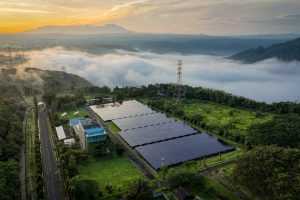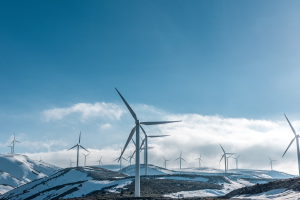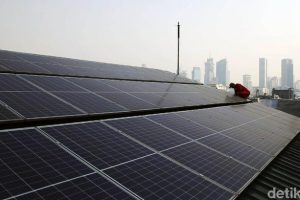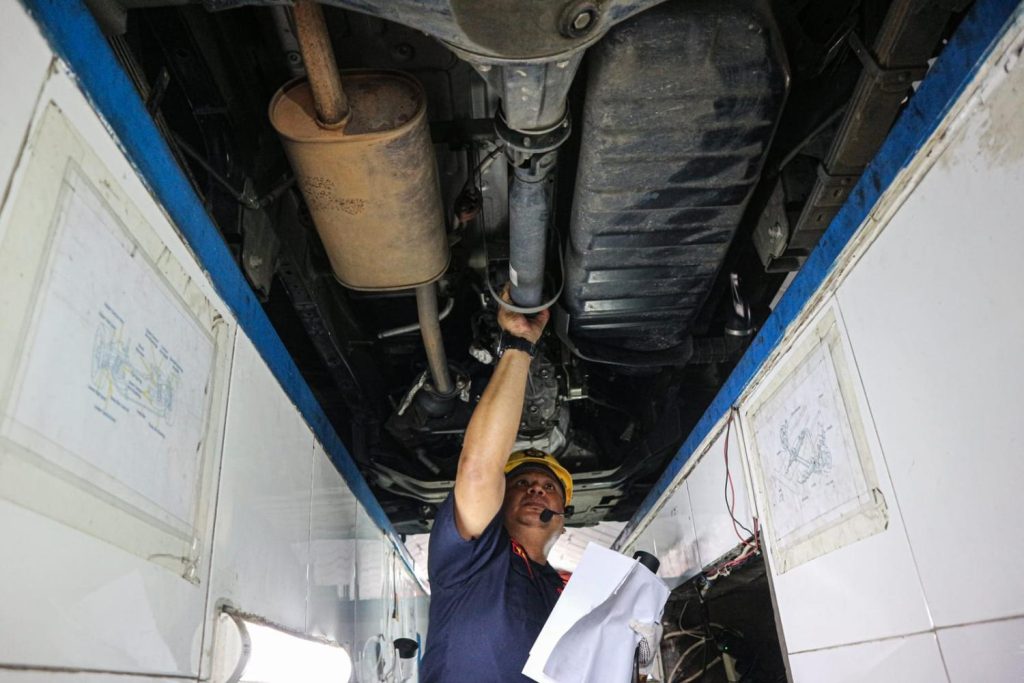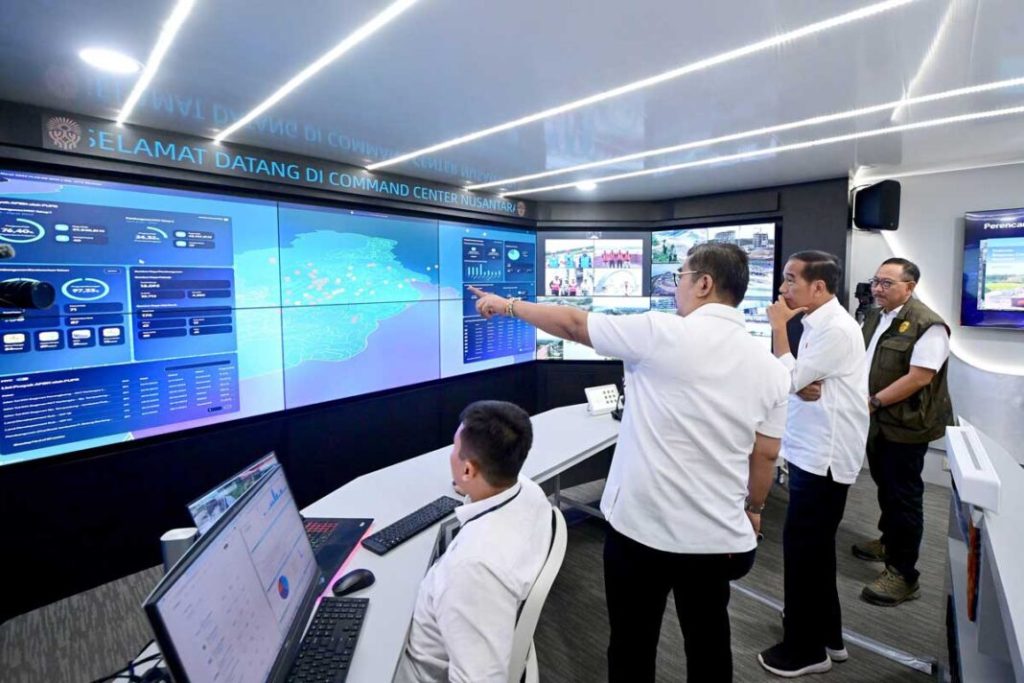Indonesia’s industrial sector is the second-largest energy consumer after transportation. The increasing emphasis on environmental standards by exporting countries and multinational companies has created an urgent need for the government to accelerate the energy transition in the manufacturing sector. Moreover, the European Union will implement a carbon border adjustment mechanism (CBAM) with its trade partners and this will impact on Indonesian exports if the government does not accelerate the transition to renewable energy within the manufacturing sector.
However, transitioning the industrial sector to cleaner energy sources is more complex than the power plant sector. While electricity from power plants constitutes only 23.1 percent of the total energy used in the industrial sector, 76.6 percent still comes directly from fossil fuels for heating and raw materials. Achieving low-emission technologies poses a more significant challenge, particularly for heavy industries that heavily rely on fossil energy, such as cement, smelters, iron and steel and the chemical industry. To achieve significant reductions in emissions by 2050, these industries will need to shift toward electricity, bioenergy and hydrogen as substitutes for fossil energy. This transformation will involve overhauling production processes and adopting new technologies and practices. Industries such as iron and steel, cement and pulp and paper, which are major consumers of coal outside the power sector, require supportive policies to facilitate this transition.
Constraints in the energy transition in the manufacturing industry encompass physical barriers, technology readiness and skills gaps. Inadequate infrastructure, such as the high emission factor in the power grid and limited natural gas transmission and waste management systems, presents significant challenges. Their higher costs hinder the adoption of proven energy-efficient solutions compared to conventional alternatives, and the absence of Minimum Energy Performance Standards (MEPS) and Conservation Labelling (CL) standards for industrial motors further compounds the issue.
Skill constraints arise from low education levels and limited collaboration between universities, industry, the government and end users. Additionally, there are other constraints related to current green commitments, regulations, institutional limitations and fiscal policies. Indonesia’s green commitments primarily focus on the power plant sector, leaving the manufacturing sector with limited emission reduction targets. Aligning energy conservation and green industry regulations with international agreements and national net-zero commitments, including regulating captive power used by industries, is crucial. The government’s limited role in providing technical assistance, advocacy and incentives adds to institutional constraints, while unclear incentive mechanisms and illegal activities erode trust in regulatory processes.
To address the energy transition challenges in the manufacturing industry, Indonesia should establish a comprehensive framework and package of policies. A wide range of solutions are available and emerging, including renewable energy development, materials efficiency improvements, effective materials recirculation, new production processes and carbon capture and storage/utilization. Technological readiness plays a vital role in enabling this transition. However, these solutions require significant investments.
Learning from experiences in other countries, the proposed framework and policy package should consider the manufacturing sector’s readiness level, available technologies and national energy transition targets. It should cover various aspects, including electrification and digitalization, energy efficiency and conservation, renewable energy development, technology advancement to replace fossil fuel consumption and carbon capture and utilization/storage (CCS/CCUS) implementation. Each aspect’s implementation should be tailored to specific requirements and readiness levels.
Although some industries have pledged net-zero emissions, Indonesia needs a policy lever to decarbonize the key supply chain. Financial support policies play a critical role in advancing energy transition and promoting green industry initiatives within the manufacturing sector. This support can take various forms, including direct and indirect measures. Direct financial support encompasses grants, tax incentives, low-interest loans, performance-based incentives, carbon pricing and renewable energy certificates.
Indirect financial support involves incentivizing financial institutions to participate in energy transition efforts through mechanisms such as green bond financing, tax incentives, guarantees, subsidies, green bank establishment, green lending targets, green building certification and financing for energy efficiency and conservation. These incentives serve to encourage investment, foster innovation, reduce costs, engage the private sector, stimulate job creation and enhance energy security.
Another important policy is the demand policy to foster the energy transition within the manufacturing sector. These policies focus on enhancing the demand for environmentally sustainable goods and services. Measures such as green procurement, financial incentives, public awareness initiatives, labelling and certification programs, building codes and standards, energy performance standards and renewable portfolio standards are employed. By establishing an enabling environment and stimulating consumer interest in eco-friendly products and services, demand policies can effectively drive the adoption of cleaner and more efficient energy sources in the manufacturing industry.
Incentives and disincentives can drive the desired changes, such as voluntary agreements, harmful subsidy removal, strategic science systems, financial support, environmental taxes and charges and environmentally based subsidies. However, it is important to note that incentives and disincentives alone are insufficient. Collaboration between the government and industries, setting realistic targets, raising awareness and providing technical guidance is crucial for a successful energy transition in the manufacturing industry.
The opinion has been published on The Jakarta Post.
Check the original article by clicking on this text.
